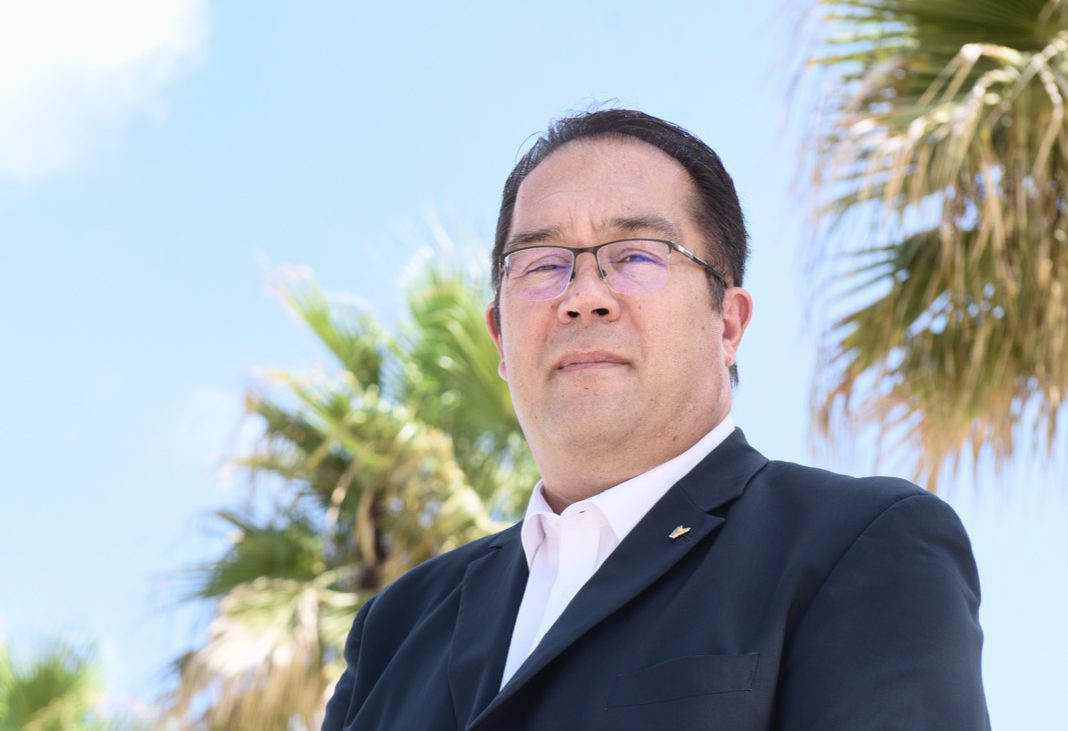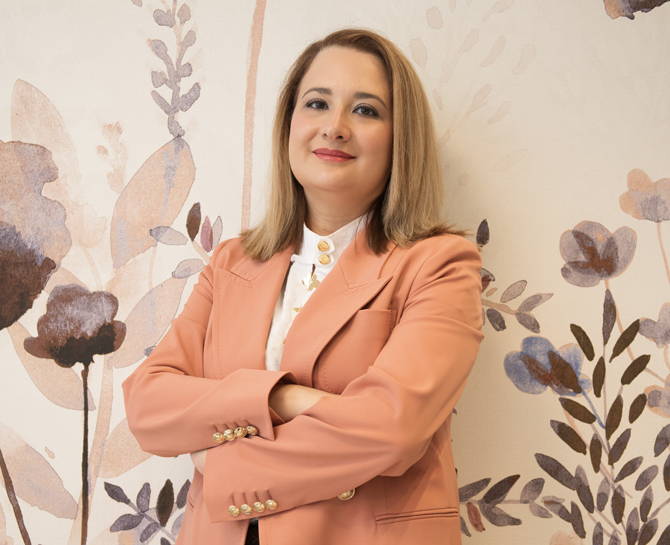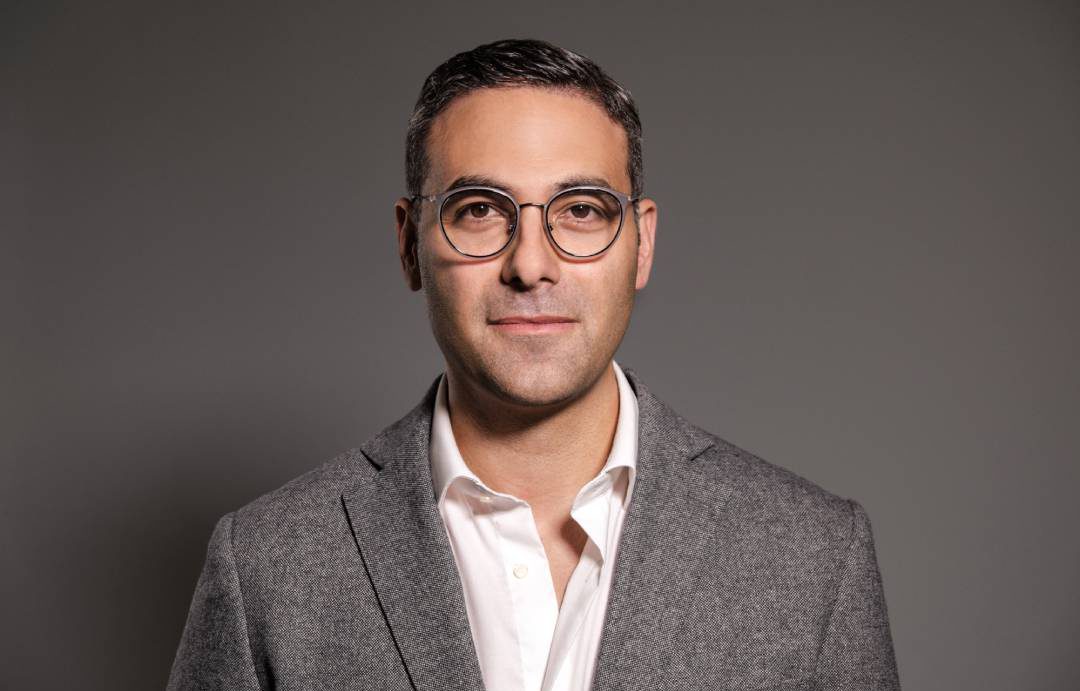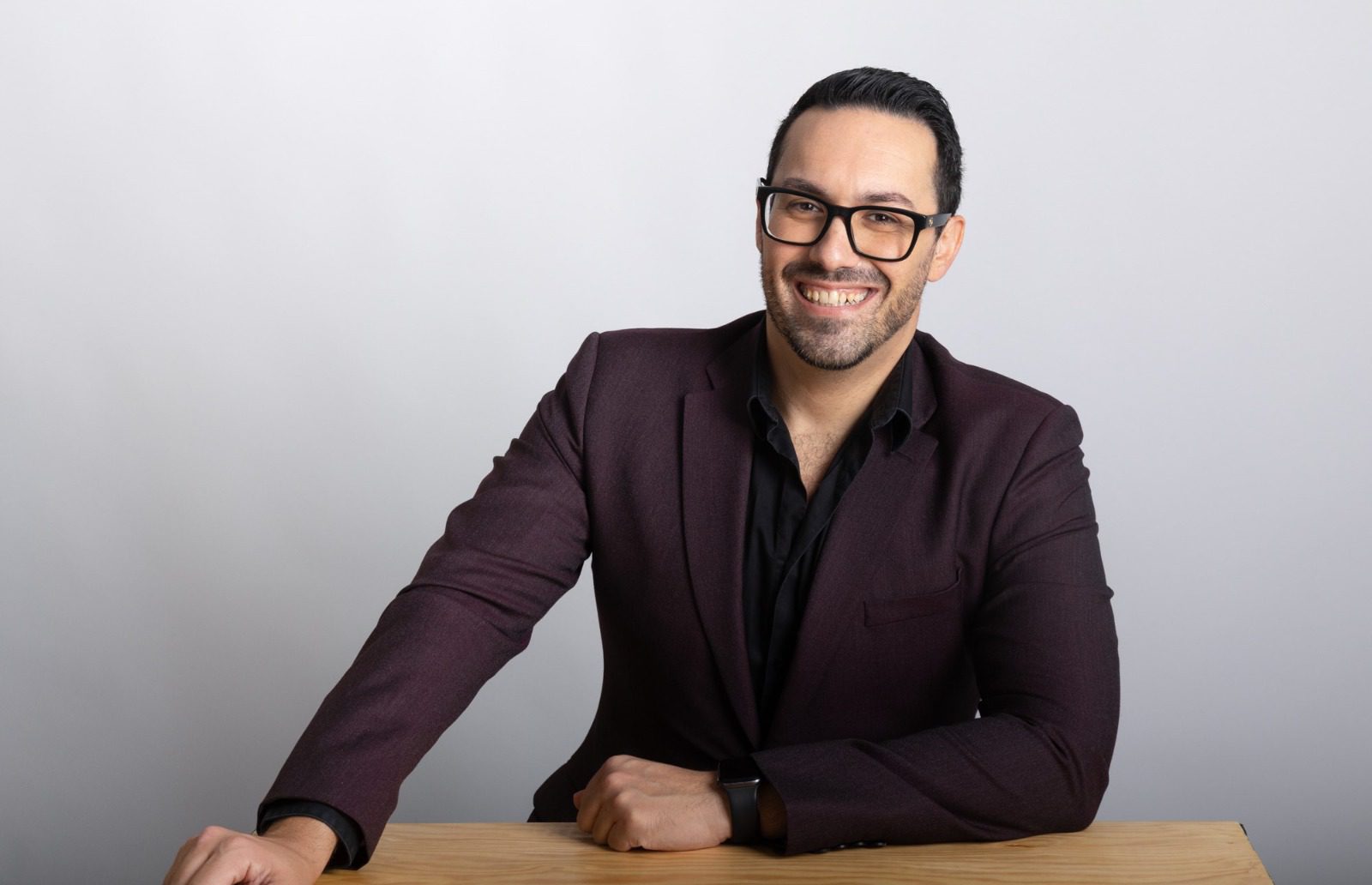“There are few industries that could bounce back in the way that tourism has in the face of COVID-19,” says the CEO of the Malta Tourism Authority (MTA), Carlo Micallef. “Tourism has withstood the test of time, overcoming many challenges over the years. It is a key part of our economy and so important to the Maltese Islands – and to that end, we are all Malta’s ambassadors.”
More than 25 years ago, Carlo began his own journey as an advocate for Maltese tourism. Having answered a newspaper advert from the then National Tourism Organisation Malta (NTOM) – later to become the MTA – he worked initially as a marketing executive to promote the country overseas.
“It was an opportunity to prove myself,” he goes on. “My first assignment was to explore the emerging Russian market – a job no one else wanted! But I rose to the challenge and earned my next job and the one after that, progressing to become senior manager in marketing.”
Working at a time when, he notes, national airlines and tour operators dominated Malta’s tourism industry, Carlo spent the next few years of his career travelling extensively to up-and-coming destinations such as The Netherlands, Belgium and the Nordic Region. While he worked to open eyes to the potential of Malta internationally, the experience also opened his own to a world beyond the island.
“On my return to Malta, we focused on business development and emerging markets, enabling the country to reach beyond Europe and diversify outside of our traditional source markets of UK, Germany, Italy and France,” he explains. “It was the turning point for the way the MTA approached its marketing endeavours to promote Malta.”
Once solely a marketing tool as the NTOM, the set-up of the MTA heralded a new era for Maltese tourism. While the larger organisation offered a greater focus on research and strategy, it readied the country for its next touristic evolution: the arrival of low-cost airlines, boosting both air connectivity and investment opportunities.
Through Carlo’s long career in the industry, both the face of local tourism and the MTA have continued to evolve. He names becoming Director MTA for Benelux and Nordic Region in 2003, Chief Marketing Officer in 2014, Deputy CEO in 2019 and CEO in May 2022 as landmark career moments – yet his two most recent appointments bookend one of the most significant challenges to face global tourism, and the sector’s journey through recovery.
“In January and February 2020, we celebrated the best months ever for tourism in Malta,” he recalls. “At that point, we were on target to welcome a record three million visitors to the islands that year, with a significant increase in numbers even through the winter months. When the pandemic arrived in March, no one could have foreseen that it would have this level of impact. Tourism practically came to a standstill, overnight. Where once we were encouraging people to fly here, our initial focus was on repatriation flights. All our marketing efforts and hard-won advertising contracts stalled. People left the industry. Tourism stopped – then it had to reboot.”
Carlo’s characteristic positivity, combined with his marketing expertise, set to work. “We realised how important tourism was for the country. It affects everything and has a multiplier effect on other industries and businesses across the island,” he reflects. “We knew we had to stay visible, even though we couldn’t market Malta in the same way as before. Our marketing team embraced the digital, promoting the island’s culture, history and lifestyle on social media and through webinars – we did whatever we could to keep costs low. In fact, we can still see the benefits of our Dream Malta Now… Visit Later campaign today.”
As a leader, Carlo highlights that his role is to help his team work together to achieve a common goal: to spotlight Malta as the go-to destination for a great holiday experience. “The MTA has a fantastic team of people, both in our Head Office and in our extended network across Frankfurt, Rome, London, Paris, Warsaw and beyond,” he confirms. “My role is to listen and learn from different perspectives and ideas, build and communicate our strategy, and bring us together to achieve our objectives. As an organisation, our core values are integrity, passion for the industry, accountability for the decisions we take and persistence. Plus, I hope to empower people and nurture young talent in the industry, in the same way I was throughout my career.”
However, the industry’s lack of human resources remains a challenge in the aftermath of COVID-19, he admits, noting that staff shortages continue to disrupt key hubs and airports across Europe. Nevertheless, with flights into Malta now practically full, Carlo highlights that the post-pandemic recovery is happening faster than predicted. “Tourism has bounced back with a vengeance,” he smiles. “The experts said it wouldn’t with any speed but I believe it could have been faster still, had travel restrictions been harmonised across the EU earlier.”
Developing international events signal other challenges ahead for tourism in Malta. “While there is always the concern that a new COVID-19 variant could halt progress yet again, the ongoing war in Ukraine is impacting rising fuel prices and increasing the cost of living in Malta, UK and across Europe,” he warns. “Visitors have less spending power than they did before – so Malta must offer a higher value, higher quality experience that creates memories they can take home. This is important to bear in mind as competitors such as Saudi Arabia diversify more into tourism and new, attractive tourist destinations crop up every day.”
As a result, the MTA’s long-term strategy aims to improve the experience for visiting tourists, while investing in Malta for the benefit of the Maltese and resident population. “Our goal is to give the best return in terms of quality and value for money, in an attractive destination that offers time with loved ones, and in a great climate, with diverse activities and attractions that the whole family can enjoy,” Carlo reveals, reiterating the Authority’s continued emphasis on attracting tourists to Malta during the historically ‘leaner’ winter months.
Meanwhile, the recent launch of the Malta Tourism Observatory will support these objectives as part of the Malta Tourism Strategy until 2030. Working in synergy with stakeholders across the local sector and aligned with the practices of other Tourism Observatories worldwide, Carlo hopes that Malta’s Observatory will “contribute strongly towards the transition to a more sustainable, quality-driven approach to tourism management and development in the Maltese islands.”
Finally, the CEO’s aspirations for the future of the MTA mirror the national strategy. “Although challenges still lie ahead, we are confident that, with the support of our local and overseas partners – and everyone on the island – we will continue to bring success in tourism to Malta,” he concludes.
‘My vision is not just to meet local standards, but to exceed them’ – Dr Anna Maria Fenech Magrin
The Medical Director at DoctorAM Clinics is bringing all of her knowedge and experience in the field of aesthetic medicine ...
Addressing skill gap in advanced technology will be 2024’s primary challenge – EBO.ai CEO Gege Gatt
During an interview from our latest series, the AI expert says he wants to align his personal growth with that ...
Charlene Sciberras’s journey to CEO ‘reshaped’ her approach to leadership and ‘honed’ her abilities
In our end-of-year series, she states that her promotion to CEO back in March was a ‘pivotal and transformative experience’ ...
‘Success is a shared journey, not a solo endeavour’ – VentureMax CEO Justin Paul Anastasi
In the latest article from MaltaCEOs.mt’s interview series, the VentureMax CEO says 2023 was ‘transformative’, yet also equally ‘intense’ and ...











